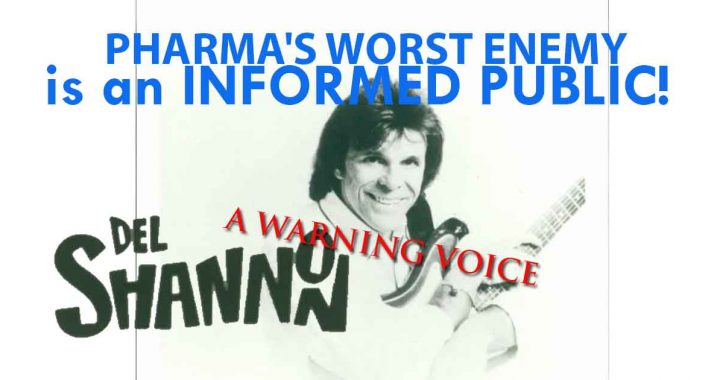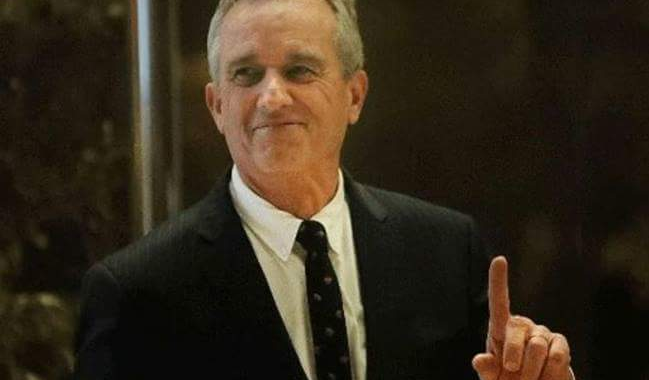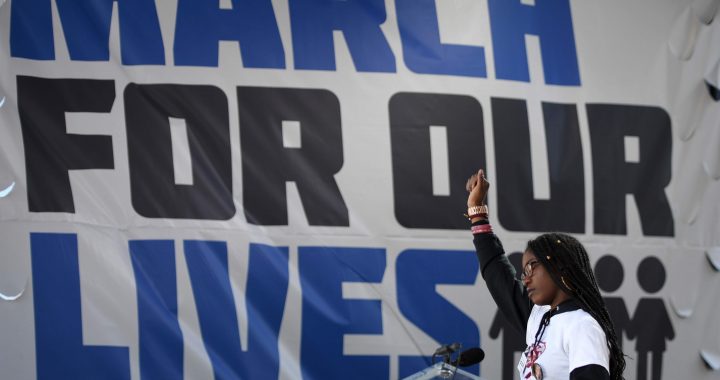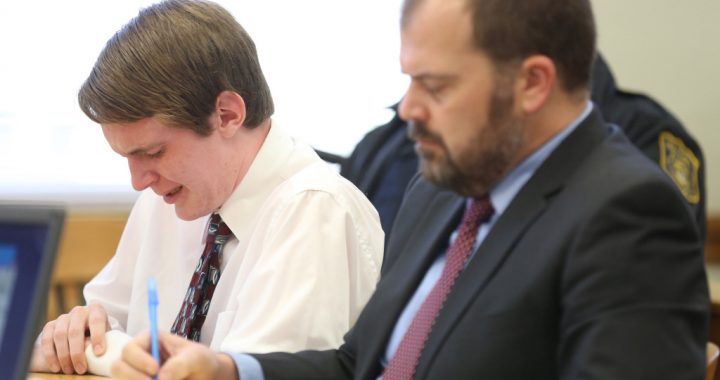Paragraphs 16 & 17 read: “Especially when one
looks at the sort of material put out by the perpetrators of those atrocities
and the material presented at the trial by the
Manchester prosecutors.
The
same Columbine wannabe mentality is present; the same edgy mix of bravado,
inflated egos, and sharp intellect. The stock
references to anti-depressants are there,
too.
COMMENTARY: Innocents and innocence over spree-killing
trial
Manchester teenagers’ plans provide an eerie reminder
By William Moore
Last week a jury at Manchester Crown Court
found two teenage English boys innocent of charges of conspiracy to murder and
conspiracy to cause explosions.
The jury took
just 45 minutes to dismiss the evidence offered by the prosecution – quite an
impressive body of material by any standards, and some of it disturbingly
familiar in tone to people in this country – and to accept the defence counsel’s
plea that this was mere “fantasising” and the “hare-brained” schemes of two
essentially well-adjusted teenagers.
The
upshot of the court acquittal was that a large number of people in Britain
commented acidly on online forums about the cost to the taxpayer of the
“unnecessary prosecution” by the police and the Crown Prosecution Service, and
also raised the spectre of “thought-crime”, bringing some well-worn Orwellian
images into the spotlight.
A few others –
drawn mostly from the usual suspects of the “hang ‘em high” law & order
brigade, which naturally makes them easy targets – did question the wisdom of
what the boys had done to get themselves into trouble in the first
place.
Writing a diary about blowing up
large numbers of people at Audenshaw High School and a local shopping centre as
a tribute to the 1999 Columbine Massacre on the 10th anniversary (last April) is
not, perhaps, the best way of making friends and influencing
people.
Having plans of the school and details
of how acetone peroxide can be used as a detonator was also probably
unwise.
What has interested me about the
case is less the acquittal of the boys – it was always going to be hard to
determine how close Matthew
Swift and Ross
McKnight actually were to going through with their plans – and more the
apparent nonchalance with which the case has since been forgotten, lost in the
undergrowth of the latest celebrity scandal or drowned by the drumbeats of an
upcoming election campaign.
It is almost as if
the British perception is that nice, white, quite intelligent but somewhat
dysfunctional teenagers who have read too much Nietzsche “wouldn’t really do
that sort of thing, now would they?”
It’s some
foreign madness.
This was just harmless
adolescent day-dreaming, spawned by an excess of splatter-movies. End of
story.
Is this touching innocence, wilful
negligence, or outright hubris?
Are they
deliberately distancing themselves from “the American disease”, and perhaps
forgetting it can happen closer to home than in
Colorado?
I imagine most Britons would claim
it is none of those things – the two teenagers “just weren’t terrorists” –
although interestingly the “T-word” was never used about these alleged would-be
spree killers.
On the other hand, some online
commentators have dared to suggest that had they been called Khan or even
O’Connor, the jury would have taken a good deal more than 45 minutes to reach a
decision, notwithstanding the fact that the defendants’ motives were only
adolescent angst and rage against their teachers and classmates, and not
Jihadist zeal or the last knockings of the Irish
question.
Where things get a bit messy is
if one views the case from Finland, with the hindsight of Myyrmanni, of Jokela,
and of Kauhajoki.
Especially when one looks at
the sort of material put out by the perpetrators of those atrocities and the
material presented at the trial by the Manchester
prosecutors.
The same Columbine wannabe
mentality is present; the same edgy mix of bravado, inflated egos, and sharp
intellect. The stock references to anti-depressants are there,
too.
It all seems dishearteningly familiar,
and Jokela’s Pekka-Eric
Auvinen even gets a favourable name-check, along with the Columbine killers
and Seung-Hui
Cho from Virginia Tech.
Those who
suggest the authorities should have done nothing might like to step into the
shoes of the Kauhajoki police inspector who is currently facing charges of
negligent dereliction of duty and a civil suit from the relatives of those shot
at the Kauhajoki Vocational School by Matti
Juhani Saari, for apparently deciding that Saari’s online bluster was no
more than that.
The British police can hardly
have been unaware of the ordure that would have rained down on their heads had
they stood idle, and if…
But back to
innocence. Shortly after I landed up in Finland, several decades ago, I was
having a drink in a Helsinki hotel bar when I was approached by a heavy-set
plainclothes policeman who wanted to open my briefcase, which I’d left with my
coat at the door.
As we did so, I naturally
asked him what his reasons were.
“We’ve had a
bomb call.”
He looked at his
watch.
“Ten minutes. Everyone has to get
out.”
Oh.
Right.
My case was clean, but we all left
the bar and stood around outside while the sniffer-dogs worked through the
building.
Many of the bar’s patrons pressed
their noses to the hotel’s large plate-glass windows to see better what was
going on.
I stood well back on the other side
of the street; I had after all just arrived from London, where an IRA bomb had
killed one person and injured around 20 at a tube station, only a few weeks
before I left the country.
I was stunned at
the spectacle. These crazy-ass Finns were going to be sliced toast if anything
bigger than a New Year’s firecracker went off in
there.
Of course, nothing DID explode, and
the sweetest touch was that when we returned to our beers, we discovered that
some cheeky sod – the bomb hoaxer, perhaps – had hung on until the very last
minute and had gone around emptying the abandoned glasses down his thirsty
throat.
I laughed, and felt sort of warm and
fuzzy inside: what a nice country, where people are still so naïve and innocent
about such matters.
Finnish innocence was
cruelly exposed in October 2002 when a rucksack went off and the skylights fell
in at the Vantaa mall, and several people never made it home from the
shops.
It was exposed again in November 2007,
and yet again last September.
At the time, The
Times Berlin correspondent Roger
Boyes raised hackles hereabouts by describing the events in Jokela as “a
very Finnish affair”.
I wonder if he would
stand by that assertion now, when it appears that at least on paper the two boys
in Greater Manchester don’t look THAT different from the one in Greater
Helsinki.
Yes, Pekka-Eric Auvinen followed
through on his nihilist rantings and they did not, but disaffected adolescents
with destructive dreams do not seem to be a peculiarly Finnish
disease.
Et in Arcadia super-ego?




